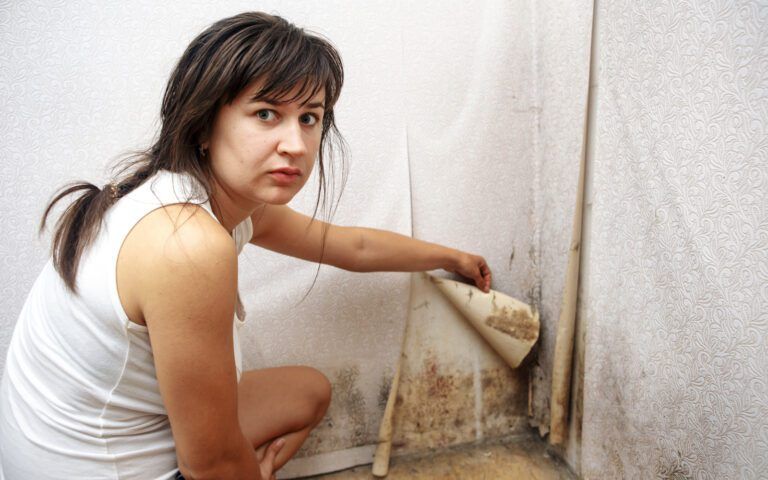The Risk of Mold Infestations on Oral Health

When our gums appear puffy and red, and our teeth don’t look so good, it can amount to numerous causes. From poor oral hygiene to genetics, any time when our oral health suffers means more trips to the dentist and more treatments. No matter the cause of your cavity, it’s important to receive treatment as soon as possible. However, for some people, the causes of their cavities can come from an unusual source. As a lesser-known culprit to cavities under rarer occasions, mold infestations and black mold, in particular, can have the potential to cause drastic harm to your oral health, irritating your mouth, sinus, and lungs and leaving you feeling extremely sick.
How Mold Infestations Affect Our Oral Health
Like any infestation, mold and fungus often go through various life stages before causing harm, especially if it’s contagious and easily spreads. Mold infestations in our homes often contribute to the release and spread of spores that attach to our lungs, nasal passageways, and other soft tissues along with our bodies. Mold tends to love moist, warm environments, hence why our bodies tend to be the perfect places for mold infections. As an immune response, our bodies work to fight it off by blocking our nasal passageways, leading to coughing, sniffling, and sneezing as a defense mechanism to keep our bodies safe.
But for our oral health, the presence of these spores causes more than respiratory concerns. The presence of spores, especially poisonous mycotoxins, throughout our homes can easily affect our bodies in numerous ways, but for our teeth and gums, it typically causes conditions such as:
- Dry Mouth: When congestion hits, our nasal passages become more blocked and cause us to breathe through our mouths more. Mouth breathing has been known to decrease saliva production in the mouth and lead to dry mouth, a condition that allows bacteria to grow and develop along with our teeth.
- Gum Irritation: When spores and bacteria impact our gums, our gum lines can become more sensitive, leading to redness, irritation, and bleeding, and with the hefty development of bacteria, it can also lead to gum disease.
- Cavities: Cavities easily develop under these conditions due to how our mouths respond to foreign conditions, and cavities are often present with the combination of dry mouth and gum irritation.
- Bad Breath: Bad breath is often a side effect of dry mouth but is also one of the first indicators of poor oral health.
If your home is infested with black mold, it’s time to call a professional as these infestations require immediate attention to help protect you and your family’s health. During this time, it’s also important to see your dentist about your symptoms and how mold may affect your oral health. Your dentist will be able to help resolve any immediate issues you may have and provide long-term treatments that work for both you and your family. Just make sure to schedule an appointment soon so you can have a healthier smile!

Recent Comments